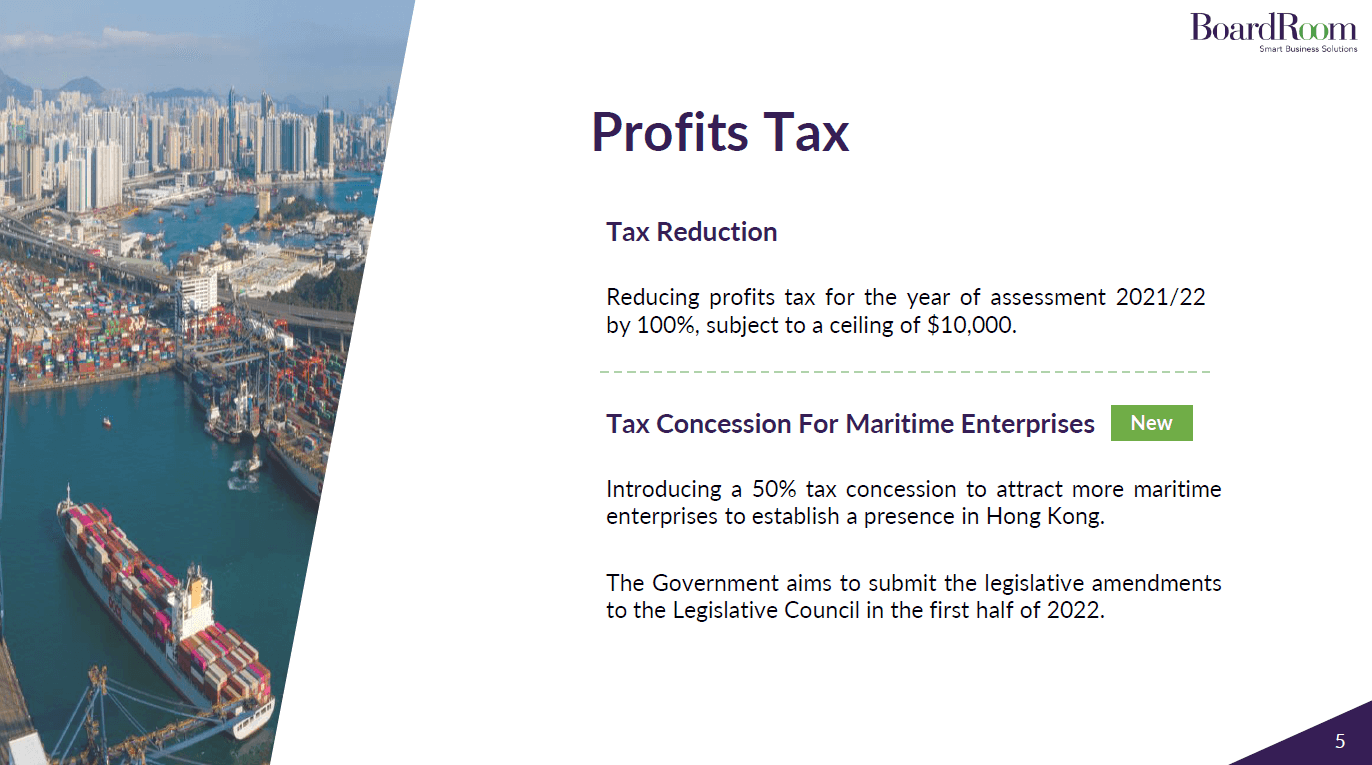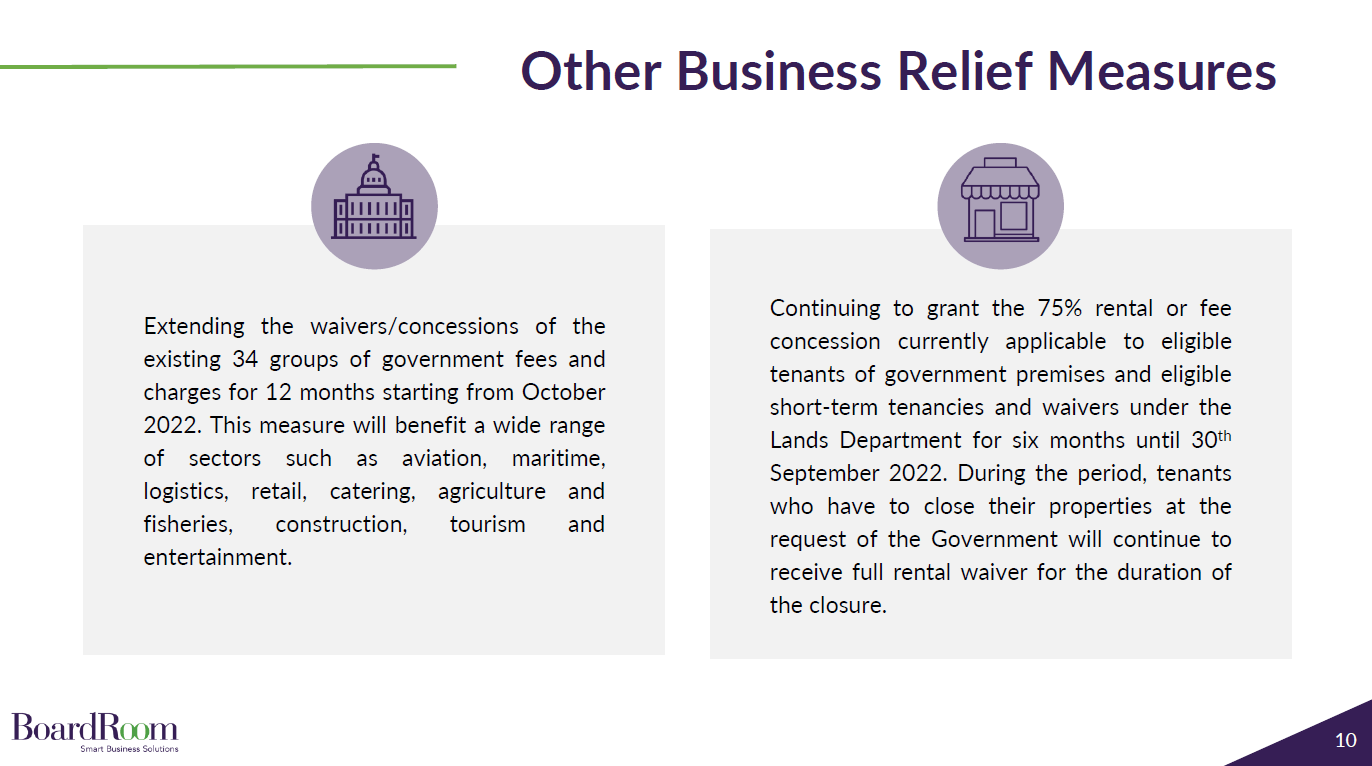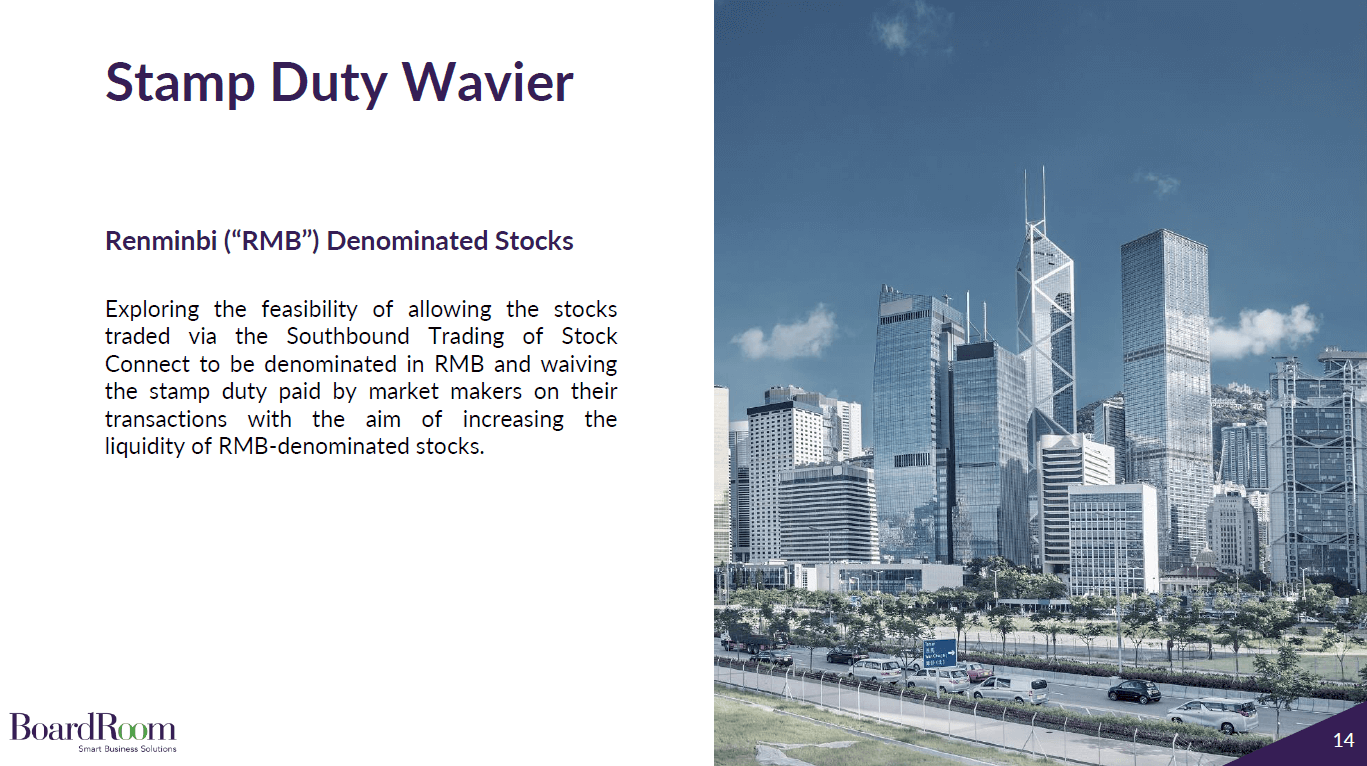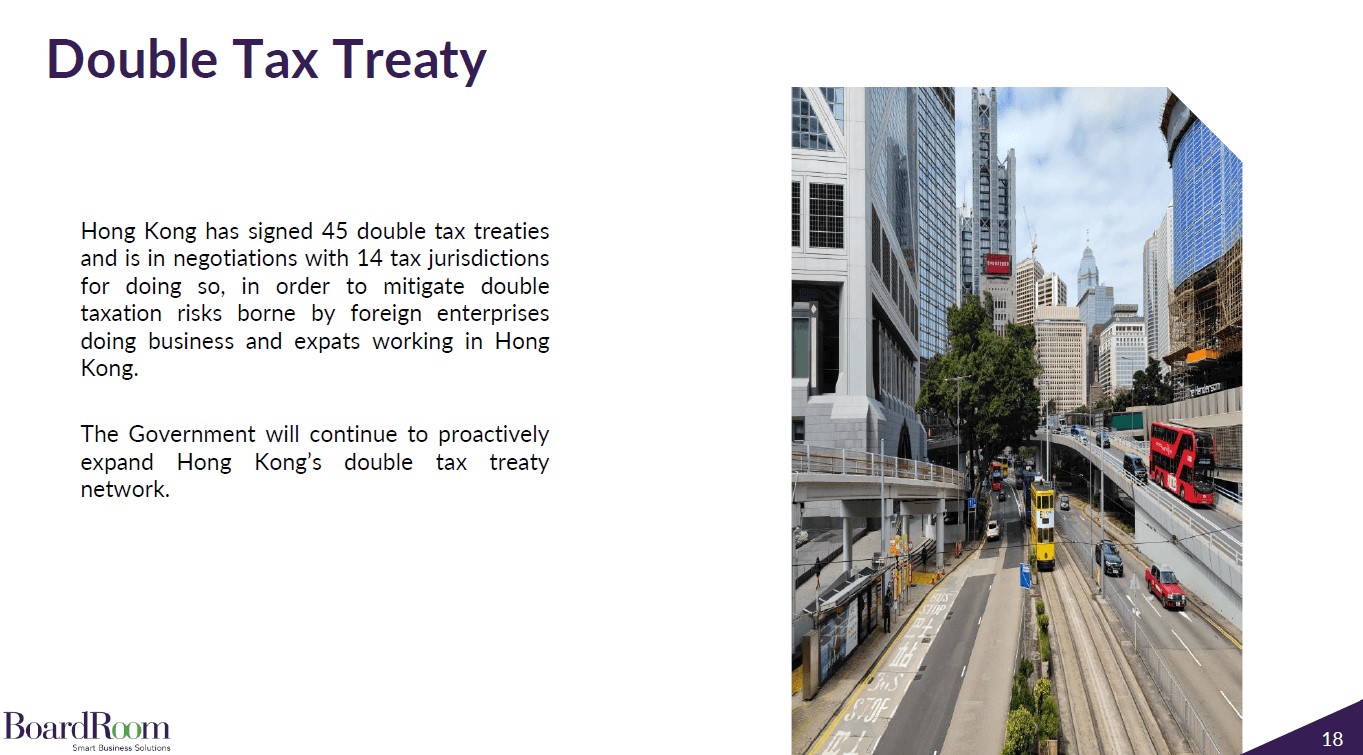Filing annual returns in Hong Kong is a mandatory and regulatory obligation for businesses. From gathering the right documents to understanding the significance of timely submissions, this guide offers a clear pathway through the process, ensuring that you meet all necessary requirements while maintaining the efficiency and integrity of your business operations.
Introduction to Annual Returns in Hong Kong
In Hong Kong, operating a business requires adherence to certain regulatory requirements. One key requirement is filing an annual return with the Hong Kong Companies Registry. This submission provides a yearly snapshot of your company’s fundamental information, promoting transparency and keeping the authorities updated.
What Are Annual Returns?
An annual return (Form NAR1) is a compulsory document that all registered companies in Hong Kong must submit except for certain exempted businesses. It provides a comprehensive overview of your company’s details at a given time.
Why Is Timely Filing of Annual Returns Essential?
Timely filing of annual returns is vital for compliance, credibility, and the smooth operation of your business in Hong Kong. It’s not just a legal formality; it impacts your company’s standing and operations.

What Information do I need for my Annual Returns Filing Process?
The NAR1 form itself is a straightforward document designed to capture essential details about your company.
The following is a breakdown of the key information you will require when filling in the NAR1 form:
- Company Particulars: This section includes basic company information.
- Share Capital: Details about the total authorised share capital of the company and share types.
- Directors and Company Secretary: Information about all current directors and the individual appointed as the company secretary, including their full names, residential addresses, nationalities, and HKID (if applicable).
- Shareholders: A breakdown of your company’s shareholders, including their names and the number of shares they hold.
- Changes since Last Return: This section is for you to specify any changes in your company’s information since the last annual return filing.
- Declarations: The form concludes with declarations to be signed by a company director or the company secretary.
What are the Documents Required?
It is important to assemble the essential documents to ensure an accurate filing process, which include:
- Company Incorporation Certificate: Proof of company registration issued by the Companies Registry upon incorporation.
- Hong Kong Identity Cards (HKID) or Passports: For directors and shareholders who are Hong Kong residents, you’ll need copies of their HKIDs. For non-resident directors and shareholders, copies of their passport ID pages will suffice.
- Shareholder Register: This internal document maintains a record of your company’s shareholders.
- Minutes of the Latest Annual General Meeting (AGM): While not always mandatory, having a copy of the most recent AGM minutes is helpful for reference while completing the form.
- Updated Company Information: While optional, providing proof of changes to your company, such as a new director’s appointment, is important for the record.
Understanding Your Annual Return Filing Requirements
Navigating the requirements for filing annual returns is crucial for businesses in Hong Kong, to ensure compliance and avoid penalties. Here’s a breakdown of the annual filing deadline, annual filing fees and late filing penalties.
What is the deadline to file Annual Return for Hong Kong companies?
Local private companies are required to submit their annual returns within 42 days after the anniversary of their incorporation date. This means that if a private company was incorporated on 6 May 2023, it is required to file its annual return on 17 June 2024. You can use the Annual Return Filing Calculator to calculate your annual filing due date.
For public companies, if your financial year begins before 3 March 2014, you must file your annual return within 42 days after the date of the company’s Annual General Meeting (the prescribed time period). If your financial year begins on or after 3 March 2014, you must file your annual return within 42 days after the company’s return date. The return date is the date that is 6 months after the end of the company’s accounting reference period. Accounting reference period is the period by reference to which the company’s annual financial statements are to be prepared.
For companies limited by guarantee, if your financial year begins before 3 March 2014, you must file your annual return within 42 days after the date of the company’s Annual General Meeting (the prescribed time period). If your financial year begins on or after 3 March 2014, you must file your annual return within 42 days after the company’s return date. The return date is the date for a guarantee company is 9 months after the end of the company’s accounting reference period. Accounting reference period is the period by reference to which the company’s annual financial statements are to be prepared.
What are the annual filing fees?
For a local private company, an annual registration fee of HK$105 is payable if the annual return is filed within the stipulated deadline.
For a local public company, an annual registration fee of HK$140 is payable if the annual return is filed within the stipulated deadline.
For a local company limited by guarantee, an annual registration fee of HK$105 is payable if the annual return is filed within the stipulated deadline.

What are the penalties for late filing?
It is important to submit your annual return within the stipulated deadline to avoid the hefty penalties, and in serious cases, the company and its officers (directors, company secretary) can be prosecuted and fined upon conviction. Below is a table of the registration fee payable for the late delivery of an Annual Return.
| If the Annual Return is delivered: | Private Company (HK$) | Local Public Company (HK$) | Company limited by Guarantee (HK$) |
| More than 42 days after but within 3 months after the company’s return date | 870 | 1,200 | 870 |
| More than 3 months after but within 6 months after the company’s return date | 1740 | 2,400 | 1740 |
| More than 6 months after but within 9 months after the company’s return date | 2,610 | 3,600 | 2,610 |
| More than 9 months after the company’s return date | 3,480 | 4,800 | 3,480 |
Pro Tips for Efficient Filing
Ensuring a smooth filing process can be significantly streamlined with these expert tips:
- Digital Preparation: Organise documents digitally for quicker online submission.
- Guidance Resources: Utilise the on the NAR1 form from the Companies Registry for detailed instructions.
- Reminder Systems: Set early reminders to allocate sufficient time for document preparation, form completion, and submission.
- Professional Assistance: For companies with complex structures, leveraging services from professionals like accountants or corporate secretarial service providers, such as BoardRoom, can ensure precise filing and compliance.
Common Misconceptions About Annual Returns
Filing an annual return can be a daunting task. Thus it is vital to clarify some common misconceptions ahead of time so you can complete the process smoothly.
Your Checklist for a Hassle-Free Filing
To streamline your annual returns filing process, here’s a comprehensive checklist to guide you from preparation to post-submission.
Start these preparations at least a month before your filing deadline:
Gather Documents: Assemble all necessary documentation, including your company’s incorporation certificate, directors’ or shareholders’ ID copies, the shareholder register, and the latest AGM minutes, if they’re relevant.
Review Company Information: Verify any recent changes, such as new director appointments or address updates.
Familiarise Yourself with the Form: Obtain the NAR1 form and review the guide provided by the Companies Registry to ensure accurate completion.
Follow this step-by-step guide two weeks prior to the deadline to ensure timely filing:
Step 1 – Prepare Soft Copies: Ensure you have digital versions of all required documents.
Step 2 – Access the e-Services Portal: Navigate to the Companies Registry’s e-Services Portal.
Step 3 – Complete the NAR1 Form Electronically: Fill in the form carefully with the necessary details.
Step 4 – Review and Submit: Double-check the information for accuracy, then proceed to submit and pay the filing fee through the portal’s payment options.
Within one week after the filing, you should finish the following tasks:
Verify Submission: Check your email for the receipt and confirmation from the Companies Registry acknowledging your successful submission.
Retain Records: Keep digital or physical copies of the submitted NAR1 form, payment receipt, and other pertinent documentation for future reference.

How Can We Help with Your Annual Returns Filing?
At BoardRoom Hong Kong, we offer professional corporate secretarial services with a dedicated team of specialists to simplify your annual returns filing process. We handle all aspects of filing, from gathering documents to meeting deadlines, guaranteeing your company’s compliance with regulations. This allows you to focus your valuable time and resources on core business activities.
Looking to streamline your annual returns filing process today? Let us guide you through every step with our tailored advice.
Frequently Asked Questions (FAQs)
Are foreign companies operating in Hong Kong required to submit annual returns?
Yes. Foreign companies with operations in Hong Kong, such as branch offices, are generally obligated to submit annual returns. Nonetheless, their requirements may vary slightly compared to domestic businesses.
What companies are exempt from filing annual returns in Hong Kong?
Sole proprietorships in Hong Kong are usually exempt from filing annual returns. Owned and run by a single individual with unlimited liability, they are not subject to the formal registration process typically demanded of other business types.
Can I file an annual return by mail or fax?
The Hong Kong Companies Registry prioritises submissions through its e-Services Portal for efficiency and compliance. While paper filings may have been possible in the past, it’s advisable to confirm directly with the Registry to ensure a compliant filing process.
Related Business Insights
-

25 Oct 2024
Essential Tax Planning Strategies for Businesses: From Start-up to Exit
Explore essential tax planning strategies for businesses from startup to exit and ensure financial success with Boa …
READ MORE -

09 Oct 2024
A Comprehensive Guide to Changing Your Corporate Service Provider
Ensure a smooth corporate provider change with BoardRoom Hong Kong. Discover the key factors for a seamless and eff …
READ MORE -

06 Sep 2024
A Guide to Business Entity Types in Hong Kong
Learn about the different entity types in Hong Kong to choose the best structure for your company. …
READ MORE





















